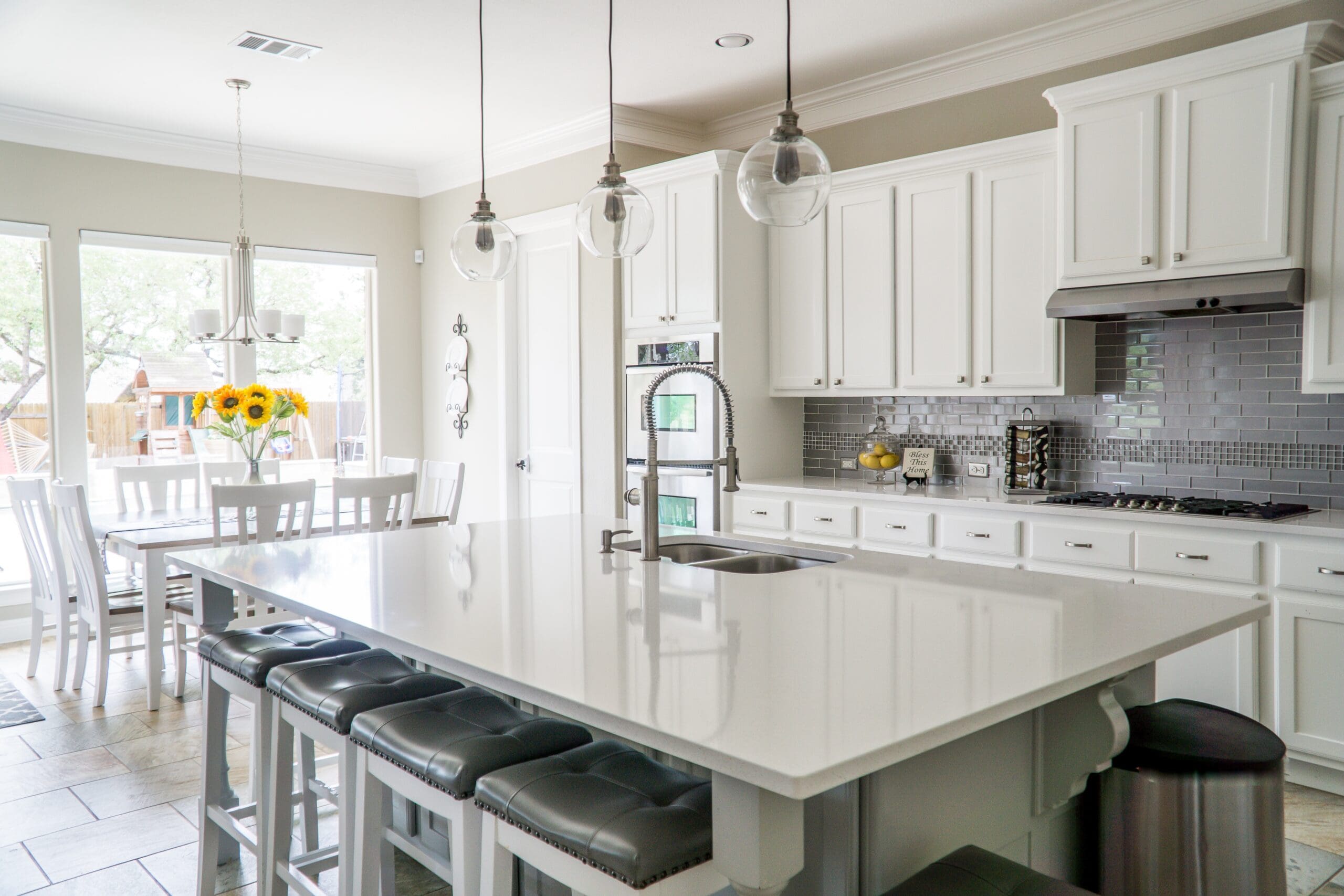Rooftop solar panels are rising in popularity, but is it worth the cost and effort of installing solar on your home if selling is a possibility down the line?
The short answer: selling a house with solar panels can be a good investment for both the buyer and seller with the right strategy in place.
But whether or not solar panels will make or break a home sale depends on a few key factors. Before you list your home, make sure your solar panels are set up to help, not hurt, your listing—whether you’re selling a home in Portland, OR or Albany, NY.
Is it harder to sell a house with solar panels?
These days, homes with owned solar panels are rarely harder to sell. In fact, they can actually be a selling point that helps the home sell faster.
According to a 2024 National Association of Realtors (NAR) survey, real estate agents found that rooftop solar panels can increase perceived home value as buyers look to save money on energy costs.
Why selling a home with solar might be easier
- Lower utility bills are a major draw: Solar panels can mean long-term savings with lower utility costs, especially in regions with expensive electricity and higher cost of living.
- Energy-efficient homes stand out: As sustainability becomes a bigger priority for homeowners, “green” features, with details like energy output or average monthly savings, can generate more interest in the home listing.
- Solar homes can sell quickly in the right markets: In areas with high solar incentives and positive reception, homes with solar panels might hold more value and may sell faster.
- Owned panels can boost home value: Solar panel systems that are paid off can see a net gain of $10,000 or more, depending on location and the age of the system.
Do solar panels affect a home’s resale value?
For better or worse, solar panels can affect the resale value of a home.
A 2025 study found that on average, houses with solar panels increase the value of a home by an average of 6.9%—equating to roughly $20,000-$30,000.
But whether or not the home is seen as more valuable with solar can largely depend on which area the home is being sold in, the age of the system, and whether or not the solar panels are fully owned or leased.
When solar panels might negatively affect a home’s value
- A lease on the system: If solar panels are leased or under a power purchase agreement (PPA), the buyer may need to take over the contract and qualify with the solar provider.
- Buyer concerns: Buyers might worry about potential roof penetrations, system maintenance, the age of the roof beneath the panels, or how easy (and costly) it would be to repair or replace either.
- Older systems may be seen as a liability: If solar panels are nearing the end of their warranty or no longer offer competitive efficiency, they might be seen as an expense rather than a benefit.
- Location and market demand: In areas with low solar adoption or minimal energy savings, buyers may see panels as less valuable, especially without strong incentives or favorable utility policies.
Good to know: A power purchase agreement is when a homeowner buys electricity from their solar provider at a reduced rate, effectively reducing energy bills—but the solar panels are not owned. These arrangements can be complicated to navigate when selling.
How to prepare for selling a home with solar panels
A little bit of preparation can go a long way in making a solar home sale more appealing and painless for a buyer. For the best selling strategy, have solar documentation in-hand and work with a real estate agent that’s familiar with selling solar homes.
Documents to provide to buyers
- Proof of ownership or lease agreement
- Warranty and service contracts
- Installation and maintenance records
- Panel specs and inverter model
- Recent energy bills with savings (last 12-24 months)
If your solar panels are leased or financed
- Contact your solar provider early to understand the transfer process
- Ask what documents are required to transfer or pay off the agreement
- Confirm whether the buyer needs to qualify for the lease
Call attention to solar features in your listing
- Monthly utility savings
- Environmental benefits
- Any smart monitoring systems or battery storage
- Remaining warranty coverage
The right agent plays a key role: Choose a real estate agent that can communicate the benefits of solar to a buyer and be confident walking them through the solar transfer or valuation process, making negotiations easier to navigate.
Solar panels can be a smart long-term investment
When solar panels are fully owned, properly installed, and well maintained, they can bring long-term value to a home—whether you’re selling now or settling in for the long haul.
For sellers, solar panels can boost resale value and attract energy-conscious buyers. For buyers, a solar system can mean inheriting lower monthly energy bills and a long-term sustainable energy source.
Be transparent, keep documents organized, and work with an experienced realtor who understands how to communicate the benefits of solar energy. With the right strategy, selling a home with a solar setup can be a win for everyone involved.
FAQs: selling a house with solar panels
Should I pay off my solar panels before selling?
If you’re able to, yes. A paid-off system can boost home value and appeal to more buyers.
If the panels are financed, you will need to pay off the loans before transferring ownership to the buyer since they are in your name. Leased panels might be able to be transferred to the buyer, but have the potential to add complexity to the negotiation and selling process.
Can I bring my solar panels with me to another home?
Technically, yes, but it’s not recommended. Removing panels can damage the roof, void warranties, and cost thousands in labor. It’s best to leave the system as part of the home sale and use the resale value boost to invest in solar in the next home.
What happens to the solar tax credit if I sell my home?
If the federal solar tax credit has already been claimed, you keep the benefit—it doesn’t transfer to the buyer. If the system was just installed and the credit hasn’t been filed yet, the potential tax benefit might be included in the home sale negotiation.
How do I transfer ownership of solar panels?
If your solar panels are owned outright, the transfer is simple: they’re included in the home sale like any other fixture. Just provide documentation like proof of ownership, warranties, and system specs to the buyer during the sale.
If your panels are leased or financed, you’ll need to contact the solar provider early in the selling process. They’ll guide you and the buyer through the transfer steps, which may include a credit check or new contract. Be sure to build in time for this during escrow to avoid closing delays.



















 English (US) ·
English (US) ·